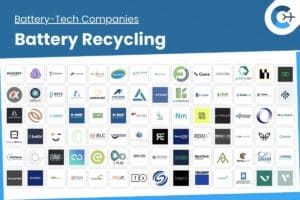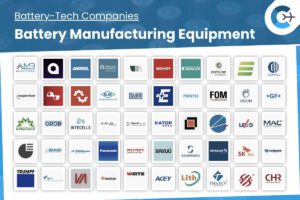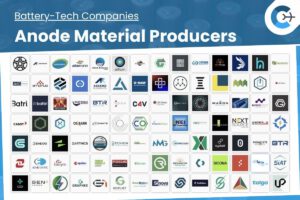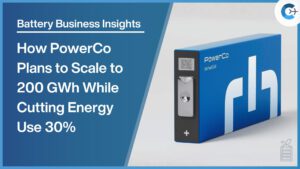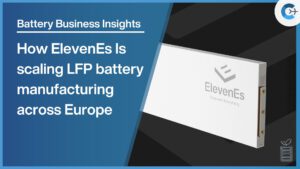Farasis Energy’s core battery technology includes advanced lithium-ion pouch cells (models P73 and P79) with energy densities of 294 Wh/kg and 323 Wh/kg, respectively, and solid-state prototypes exceeding 400 Wh/kg using lithium metal anodes and high-nickel cathodes. Their semi-solid-state batteries have evolved through three generations, delivering up to 400 Wh/kg with fast-charging capabilities. They also employ cell-to-pack design strategies to improve pack energy density by up to 20%, supported by automated production lines and advanced quality control systems.
Product portfolio includes P73 (294 Wh/kg) and P79 (323 Wh/kg) lithium-ion pouch cells, semi-solid-state batteries achieving 280–300 Wh/kg in earlier generations and 400 Wh/kg in the latest, and solid-state prototypes with energy densities over 400 Wh/kg.
In 2024 Farasis Energy advanced its all-solid-state battery technology into real-world testing, demonstrating stable cell cycling and enhanced safety features and was recognized in China’s 2024 Solid-State Battery Competitiveness Rankings as a top-10 brand. The company also participates in a German research consortium developing safer plastic-based battery housings for electric vehicles, funded by the Federal Ministry for Economic Affairs and Climate Action.
Major stakeholders include Farasis Energy, Inc. (25.5%), China Reform Fund Management Co. Ltd. (17.0%), and Guangdong State-Owned Assets Supervision & Administration (9.8%). The company raised $991.5M through eight funding rounds, achieving a valuation of $4.3B as of 2020. Strategic partnerships include Mercedes-Benz and Geely.







